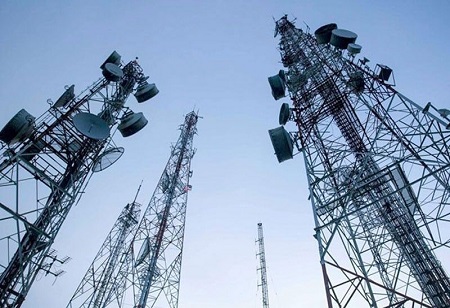
Corporate SMS Rates Increased by Telcos for Overseas Entities

 Overseas firms operating in India will be charged $0.030 per short message service (SMS) from July 16, double the current rates and almost 20 times higher than the rate telecom operators charge domestic companies. As a result, some foreign companies may be forced to look for alternative means of communication, said industry executives.
Overseas firms operating in India will be charged $0.030 per short message service (SMS) from July 16, double the current rates and almost 20 times higher than the rate telecom operators charge domestic companies. As a result, some foreign companies may be forced to look for alternative means of communication, said industry executives.
Foreign enterprises may resort to alternatives such as in-app notifications, emails and WhatsApp Business Messaging, but telcos will still earn higher revenue as mission critical messages like one-time passwords require sending an SMS, said the executives. The new rates will apply to the likes of Amazon, Google, Facebook and Uber, as well as foreign banks including Standard Chartered, HSBC, Citibank and Deutsche Bank.
“The price increase will cause some reduction in traffic. For instance, most foreign banks have top tier customers who are regular users of WhatsApp and email,” said an executive. “More than 40 billion SMSs are sent by domestic entities per month as compared to one billion by foreign companies, which is now expected to come down.”
“India still has the lowest rates in the world. They are paying significantly higher prices, close to $0.060, in other markets,” he said on condition of anonymity. Several foreign enterprises are upset over separate rates being charged by telcos and being classified as ‘international’ despite having full-fledged India operations and using the SMS for Indian customers. “Any entity that has its cloud servers outside of India and has data of Indian customers being processed by those external data centres is classified as international,” said another telco executive.
“Uber or Amazon may have their India subsidiaries but whenever you book a taxi or place an order, it is processed by a server somewhere in the US.”. As increasing headline rates amid stiff competition has become tough for telecom companies, they are resorting to tweaking their retail tariff plans with lower data limits at higher prices but with additional validity in a bid to push average revenue per user (ARPU).
In addition, telcos are also gunning for a larger share of the high ARPU enterprise customers. Airtel CEO Gopal Vittal recently said the company has doubled down on its enterprise business by “retooling” its channels and product portfolio, and that it had cornered 31 percent enterprise market share in December 2020.